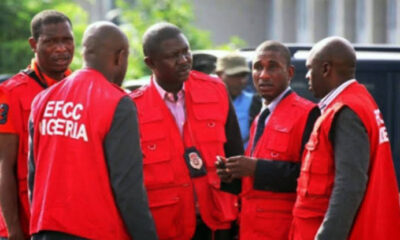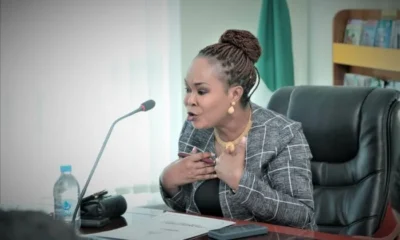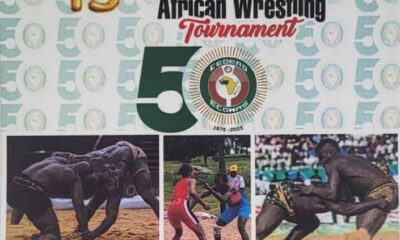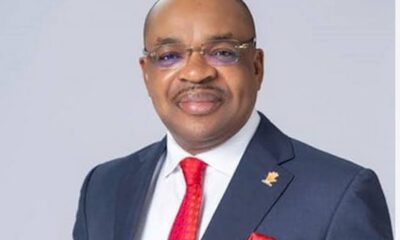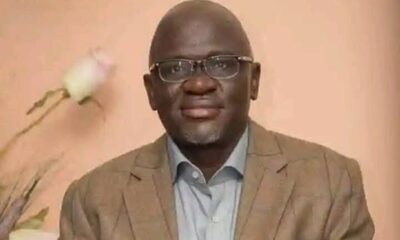Inside Nigeria
EFCC opens up on withholding identities of owners of seized 753 units duplexes in Abuja
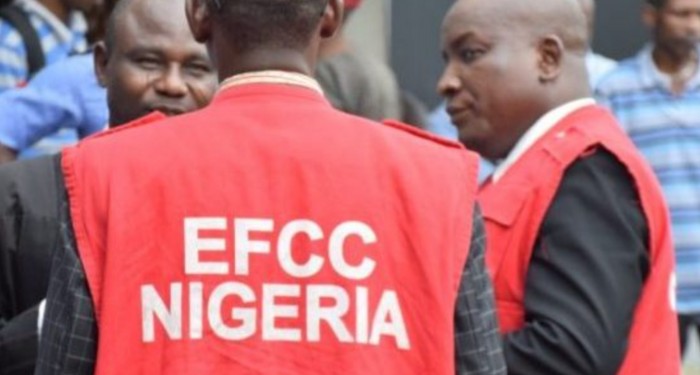
The Economic and Financial Crimes Commission (EFCC) has addressed public criticisms following its historic recovery of a 150,500-square-meter estate in Lokogoma District, Abuja.
The estate, comprising 753 duplexes and apartments, was forfeited to the Federal Government after a ruling by Justice Jude Onwuegbuzie on December 2, 2024.
In a statement issued on December 3, 2024, the EFCC clarified that the forfeiture adhered strictly to Nigerian law, specifically Section 17 of the Advance Fee Fraud and Other Fraud Related Offences Act. The commission emphasized that the legal action targeted the property itself, not individuals, due to the nature of the evidence and ownership claims.
Response to Sowore’s Criticism
The EFCC responded to activist Omoyele Sowore’s comments, labeling his criticism of the asset recovery as “unacceptable” and urging citizens to focus on systemic reforms.
“It is shocking that the activist is not concerned about the systemic lassitude and unhelpful permissiveness that allowed such a monstrous corrupt act in the first instance,” the statement read.
Legal Justification and Ongoing Investigation
The EFCC explained that its civil action followed legal provisions for unclaimed properties, emphasizing the use of actionable intelligence. The commission also confirmed that while the forfeiture is complete, investigations into those linked to the estate are ongoing.
“It will be unprofessional of the EFCC to go to town by mentioning names of individuals whose identities were not directly linked to any title document of the properties,” the statement added.
EFCC’s Call for Public Support
The EFCC called for public support in addressing systemic lapses that enable corruption, reaffirming its commitment to a “no-sacred-cow” approach in combating graft.
The landmark recovery represents the largest in the EFCC’s history and underscores its dedication to tackling corruption in Nigeria.


